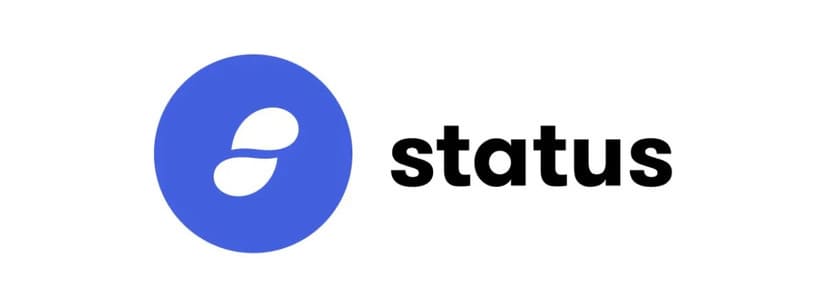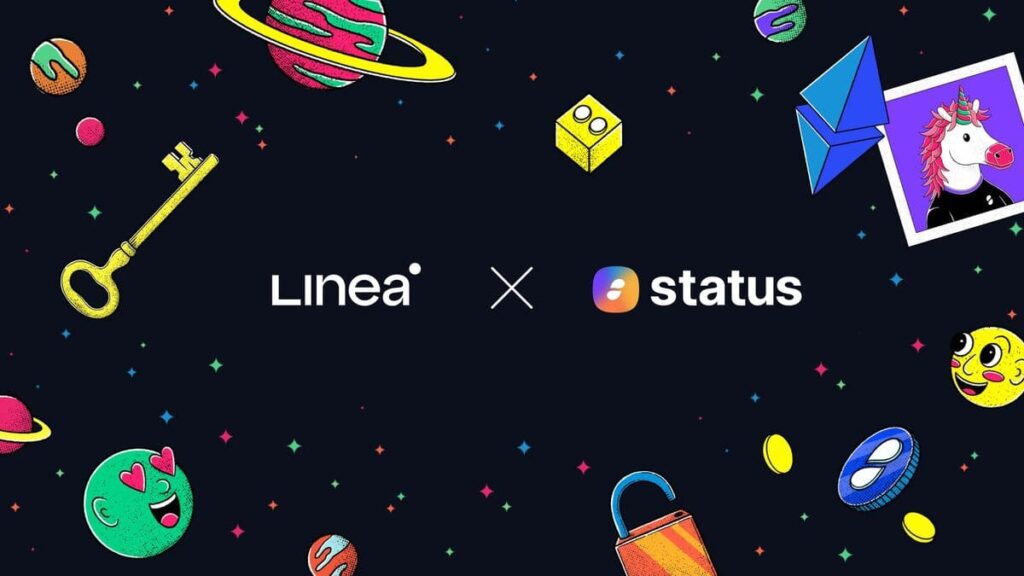TL;DR
- Status Network becomes the first contributor to Linea’s open-source L2 rollup project, advancing Ethereum’s decentralization and transparency.
- The collaboration will enable SNT to operate a parallel version of Linea, providing engineering support and fostering ecosystem diversity.
- Linea will use zkEVM technology to address Ethereum’s scaling issues, while Status will contribute staking mechanisms.
Linea has announced a significant collaboration with Status Network aimed at enhancing its layer-2 rollup scaling project. This partnership positions Status as the first contributor to Linea’s open-source initiative, a crucial step towards greater decentralization and transparency within the Ethereum ecosystem.
SNT will launch as a layer-2 rollup solution on Linea’s infrastructure, offering a robust platform for decentralized applications. The collaboration means developers will work directly with Linea’s codebase, operating a parallel version of the network to strengthen and diversify the ecosystem. This process involves engineering, research, and support for client and prover diversity, contributing to a more solid and resilient environment.
Status has partnered with @LineaBuild to launch our own layer-2: Status Network! 🥳
We want to build the best platform to support a bustling ecosystem, and who better to partner with than the world’s most active and lowest-cost zkEVM L2 blockchain?!https://t.co/cX0XdbAMiS
— Status (@ethstatus) August 20, 2024
Linea, known for its zkEVM (Zero-Knowledge Ethereum Virtual Machine) scaling solution, utilizes this technology to tackle issues of high fees and low processing capacity on the Ethereum blockchain. The choice of zkEVM aligns with recent comments by Ethereum co-founder Vitalik Buterin regarding interoperability between layer-2 networks and improving user experience across the ecosystem.

Status Envisions Staking Mechanism for SNT
Status’s involvement in the project will bolster Linea’s technical infrastructure and open up new opportunities for its users and the SNT token. The collaboration will enable the integration of SocialFi and GameFi applications and introduce staking mechanisms for the SNT token, incentivizing engagement and community participation.
Both platforms share a common vision of enhancing Ethereum’s decentralization and performance. The partnership will facilitate the use of an adapted execution client, known as Nimbus, and the implementation of mechanisms for sequencer decentralization.
The opening of Linea’s code under the Apache 2.0 license will allow other developers to view and modify the code, fostering open and progressive collaboration. This approach aims to avoid opacity in development and stimulate greater participation in technology improvement.










